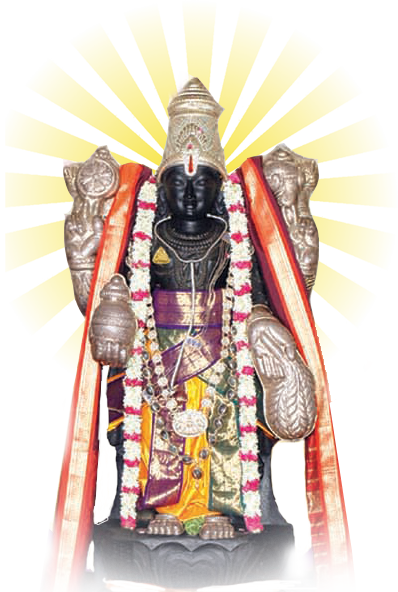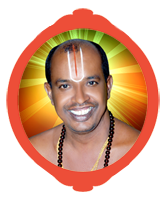The word yoga is derived from the root yuj, which means to unite or to join together. The practice of yoga may lead to the union of the human with the divine - all within the self. The aim of yoga is the transformation of human beings from their natural form to a perfected form.The Yogic practices originated in the primordial depths of India's past. From this early period the inner attitudes and disciplines which were later identified and given orderly expression by Patanjali.
Jean Varenne author of Yoga and Indian Philosophy, observes: "The only remaining testimony to the prestigious civilization of ancient Egypt lies buried in archaeological remains; which meant that the inhabitants of the Nile valley, converted to Islam thirteen centuries ago, had to wait for Champollion to decipher the hieroglyphics before they could know anything of the beliefs of their distant ancestors. Yet during all this time Hindu families continued, and still continue today, to venerate the selfsame Vishnu who is celebrated in the archaic hymns of the Rig Veda.
Yoga is an integral part of the Hindu religion. There is a saying: "There is no Yoga without Hinduism and no Hinduism without Yoga." The country of origin of Yoga is undoubtedly India, where for many hundreds of years it has been a part of man's activities directed towards higher spiritual achievements. The Yoga Philosophy is peculiar to the Hindus, and no trace of it is found in any other nation, ancient or modern. It was the fruit of the highest intellectual and spiritual development. The history of Yoga is long and ancient. The earliest Vedic texts, the Brahmanas, bear witness to the existence of ascetic practices (tapas) and the vedic Samhitas contain some references, to ascetics, namely the Munis or Kesins and the Vratyas.
We also conduct Yoga class. Please contact us.




